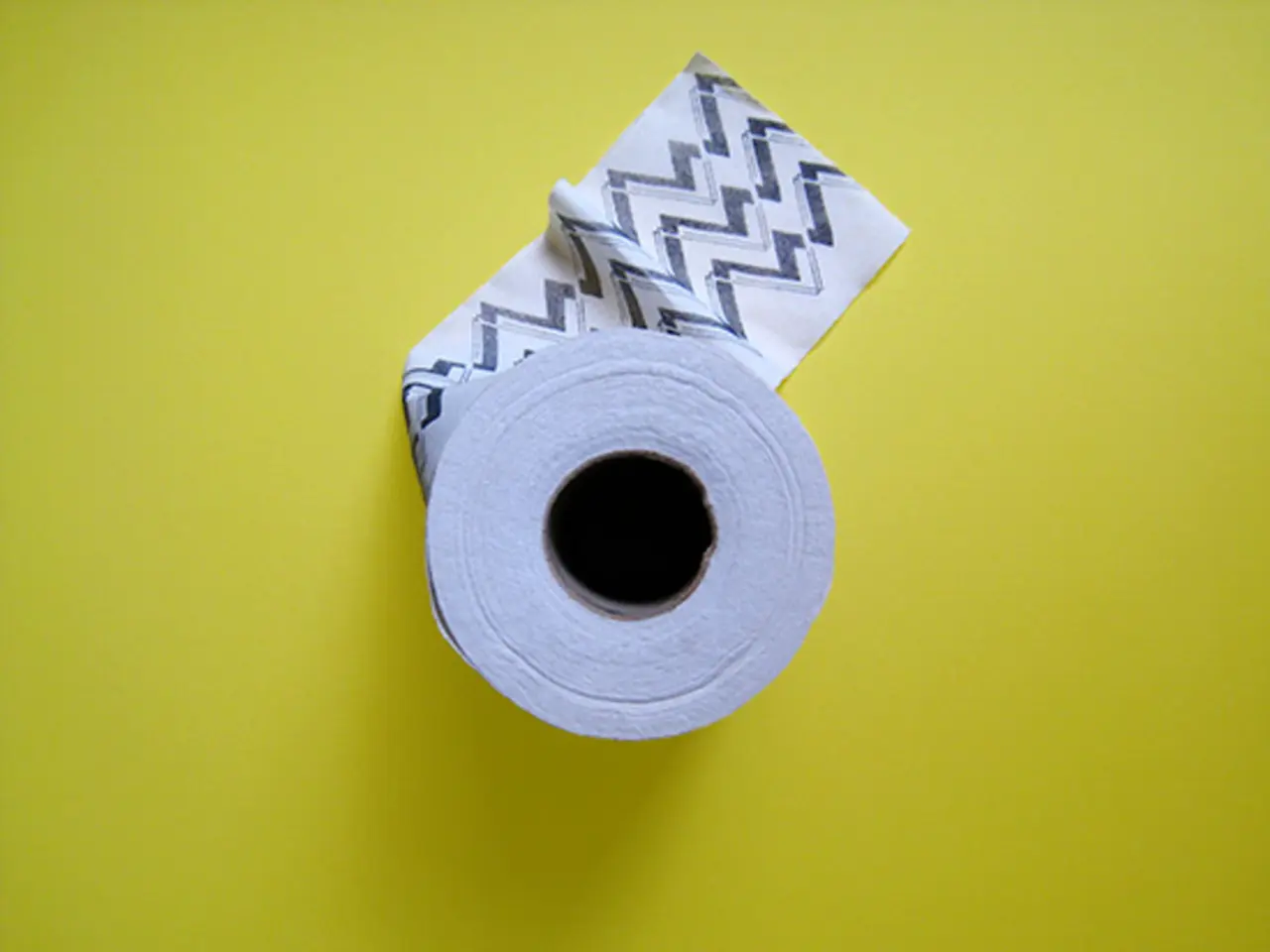Advancement in tissue engineering due to the introduction of 'form-retaining' materials that spur tissue development
In a groundbreaking development, 4D Biomaterials, a spinout from the University of Birmingham and Warwick University, is set to revolutionise the medical device industry with their novel range of 3D-printed tissue scaffolds. These scaffolds, developed by a team of world-class chemists and engineers, are poised to redefine the way we approach tissue regeneration.
The University of Birmingham, ranked amongst the world's top 100 institutions, and Warwick University have collaborated to create the 3D printing resin 'inks' used to create these innovative scaffolds. The research paper detailing this breakthrough, titled "Dove et al (2020). 4D Polycarbonates via Stereolithography as Scaffolds for Soft Tissue Repair," has been published in the prestigious journal Nature Communications.
The scaffolds, which degrade harmlessly while promoting tissue regeneration, have shown promising tissue-healing performance. They support cell migration, tissue ingrowth, and revascularization (blood vessel growth), making them a significant step forward in medical technology.
At four months, the scaffolds demonstrated excellent biocompatibility, with a collagen capsule formed around implants that was less than 200 μm thick. Remarkably, 80% of the scaffold was still present at four months, indicating slow degradation and potential support for more than a year. This slow degradation allows for slow, continuous tissue infiltration, ensuring the scaffolds' effectiveness over an extended period.
The scaffolds have several advantages over current approaches. They exhibit sufficient elasticity, compatibility with tissues, non-toxic biodegradation, and the ability to conform to irregular spaces. These attributes make them ideal for a wide range of medical applications.
4D Biomaterials, operating under the trading name of 4D Medicine Ltd, is now looking to collaborate with innovative companies in Europe and North America to develop a new generation of 3D-printed medical devices. For media inquiries, please contact Tony Moran at [email protected] or +44 (0) 7827 832312. For commercial or investment inquiries, you can reach out to Philip Smith at [email protected].
Moreover, 4D Biomaterials is now offering technical grade material for commercial supply to 3D printing companies and medical device manufacturers. This move marks a significant step towards the widespread adoption of these innovative scaffolds, paving the way for improved patient treatment outcomes.
With more than 6,500 international students from over 150 countries studying at the University of Birmingham and Warwick Innovations providing business expertise, IP protection, support services, and funding to academic innovators, the future of medical technology looks bright indeed. The development of these 3D-printed tissue scaffolds is a testament to the power of collaboration and innovation, offering hope for countless individuals in need of medical intervention.
Read also:
- Understanding Hemorrhagic Gastroenteritis: Key Facts
- Stopping Osteoporosis Treatment: Timeline Considerations
- Tobacco industry's suggested changes on a legislative modification are disregarded by health journalists
- Expanded Community Health Involvement by CK Birla Hospitals, Jaipur, Maintained Through Consistent Outreach Programs Across Rajasthan








